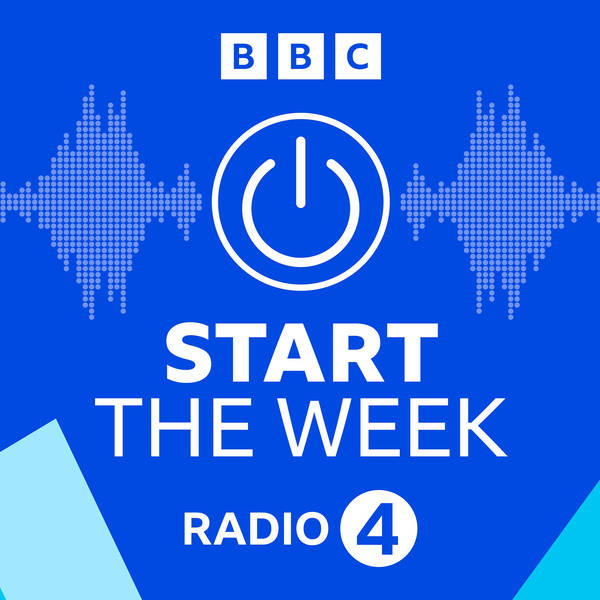
Freedom: From Kierkegaard to Black Lives Matter
'Life is not a problem to be solved, but a reality to be experienced', wrote the philosopher Soren Kierkegaard. His new biographer, Clare Carlisle, explores the life experiences that moulded Kierkegaard's ideas as he struggled to understand how to be a human being in this world. She tells Amol Rajan that Kierkegaard was very much a philosopher of the heart.
DeRay Mckesson’s reality became one of struggle and action after he quit his job as a school teacher and became a key figure in the Black Lives Matter movement in the US. He spent 400 days on the streets of Ferguson, Missouri, often walking day and night after a new law was introduced making it illegal to stand still. In his memoir, On the Other Side of Freedom, he explores the intellectual and political framework of the liberation movement that has dominated American life in the 21st century.
The award-winning poet and playwright Inua Ellams’s latest work also explores freedom and power, but in a world where fate and vengeful gods hold sway. His epic poem The Half-God of Rainfall begins with a game of basketball in Nigeria with the Yoruba gods looking on, and ends with a demonstration of female revenge – both human and mythological.
While Kierkegaard was focused on the subjective experience of being a human, and how we create ourselves through our action, the writer Elizabeth Day is interested in what happens when those actions go awry. ‘How To Fail’ is a painfully honest exploration of things going wrong, and what we can learn from our mistakes.
Producer: Katy Hickman
